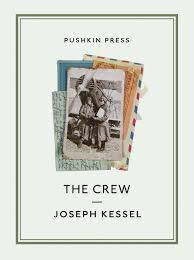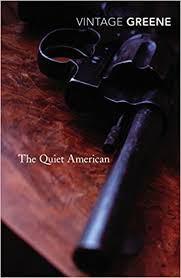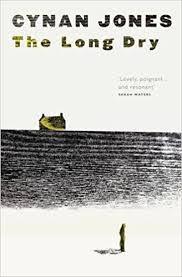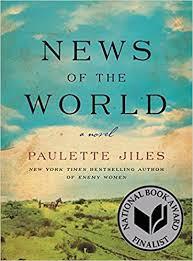February roundup
I read fewer books in February than January, but better books. Here they are.
The Crew, by Joseph Kessel

This is a Pushkin Press release written by an author who actually served in the French air corps in World War 1. Here he draws on that experience to tell a story about a young airman, his fellow crewman, and the woman they both love.
A crew live or die by their closeness to each other – their instinctive mutual understanding. Anything which comes between them, which disturbs their bond, risks leaving them exposed and as the book more than once demonstrates death is always waiting above the battle lines. How can you maintain trust though when one of you is sleeping with the other’s wife?
It’s really very good. The air scenes are well done, the pilots and crew are convincing and the relationships work well. I particularly liked that while one never sees the woman’s perspective it’s quite evident that while the characters think of her as an essentially passive object for their affections she’s actually nothing of the kind.
The Quiet American, by Graham Greene

This one’s a classic Greenian tale of colonialism and complicity explored through a jaded British journalist and a dangerously naive American (“I never knew a man who had better motives for all the trouble he caused.”). As with The Duel, they both love the same woman and Greene uses their relationship with her to explore the colonial powers’ wider relationship with Vietnam itself.
As with The Crew there’s again a sense that both the men are too concerned with what the woman means to them to ever consider what she might mean to herself (“One always spoke of her like that in the third person as though she were not there.”). Greene uses this to tell a tale that can be read purely as personal tragedy or as the tragedy of a nation and as a critique of an entire philosophy of supposedly humanitarian intervention. Brilliant stuff.
How many dead colonels justify a child’s or a trishaw driver’s death when you are building a national democratic front?
The Long Dry, by Cynan Jones

A sparsely written tale of a farmer struggling with an unhappy marriage and problems caused by drought and heat. On finishing it I immediately bought another by Jones.
The prose is lean and muscular, yet poetic at the same time. There’s a tremendous sense of the sheer toughness of rural life – the hard work, the speed and ease with which things can go wrong, but the beauty too. Kimbofo wrote a very good review of it here which I recommend reading.
News of the World, by Paulette Jiles

I bought this because it featured on someone’s end of year list, and then promptly forgot whose. It’s a deceptively simple tale of an elderly retired soldier who now makes his living reading the news to isolated communities. He agrees to take care of a young girl recently recovered from the American Indian tribe who took her captive and to transport her back to her surviving kin.
Along the way they’ll face bad weather and worse men. It’s a really nicely realised classic Western and it might well make my end of year list too. I wrote a full review of it here.
February summary
Only four books read (and none of them very long), but all four were in their different ways excellent. If every month’s reading were as good as that I’d be very happy indeed.
